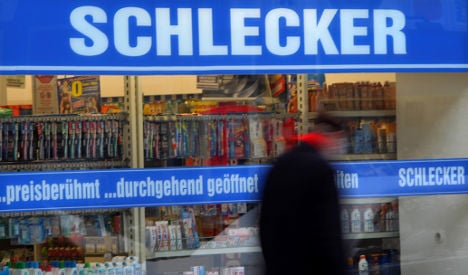The chain’s stores will be refurbished and the range of products modernised, Schlecker said in a statement Friday. Prices will be adjusted, as will the company’s entire business model.
The chain is investing €230 million over the next 18 months in what it calls its “Fit for Future” campaign. The aim is to create a new, consistent market image and a better shopping experience.
At the start of this year, founder Anton Schlecker announced plans for a new direction for the company.
“We have only tried out unambitious things. Now we know that we have to revolutionise our entire business model,” he said at the time.
Son Lars Schlecker, who heads the company now with his sister Meike, along with parents Anton and Christa, said in the latest statement: “We want to keep offering our customers in future the intimacy they expect from Schlecker, but with new and attractive stores, themes, offers and prices.”
The company regards itself as being “in the tradition of the neighbourhood store,” he said.
The firm plans to expand from 2012, once the overhaul has been completed.
“This way, we will grow and cut, closing markets where they are making losses and opening new ones where there is potential,” Meike Schlecker said.
The company also wants to become more open and transparent, they said. The younger Schleckers will become responsible for the chain’s communications.
“We have certainly in the past been guarded here, which has meant our reputation suffered,” Meike Schlecker said.
The company came in for heavy criticism when it began closing its traditionally smaller stores and opening fewer, but larger – so-called “XL” – outlets. In the process, workers were initially laid off and then hired again through a closely-connected temp agency. Since June, workers at the XL stores have had a collective bargaining agreement.
DAPD/The Local/dw



 Please whitelist us to continue reading.
Please whitelist us to continue reading.
Member comments